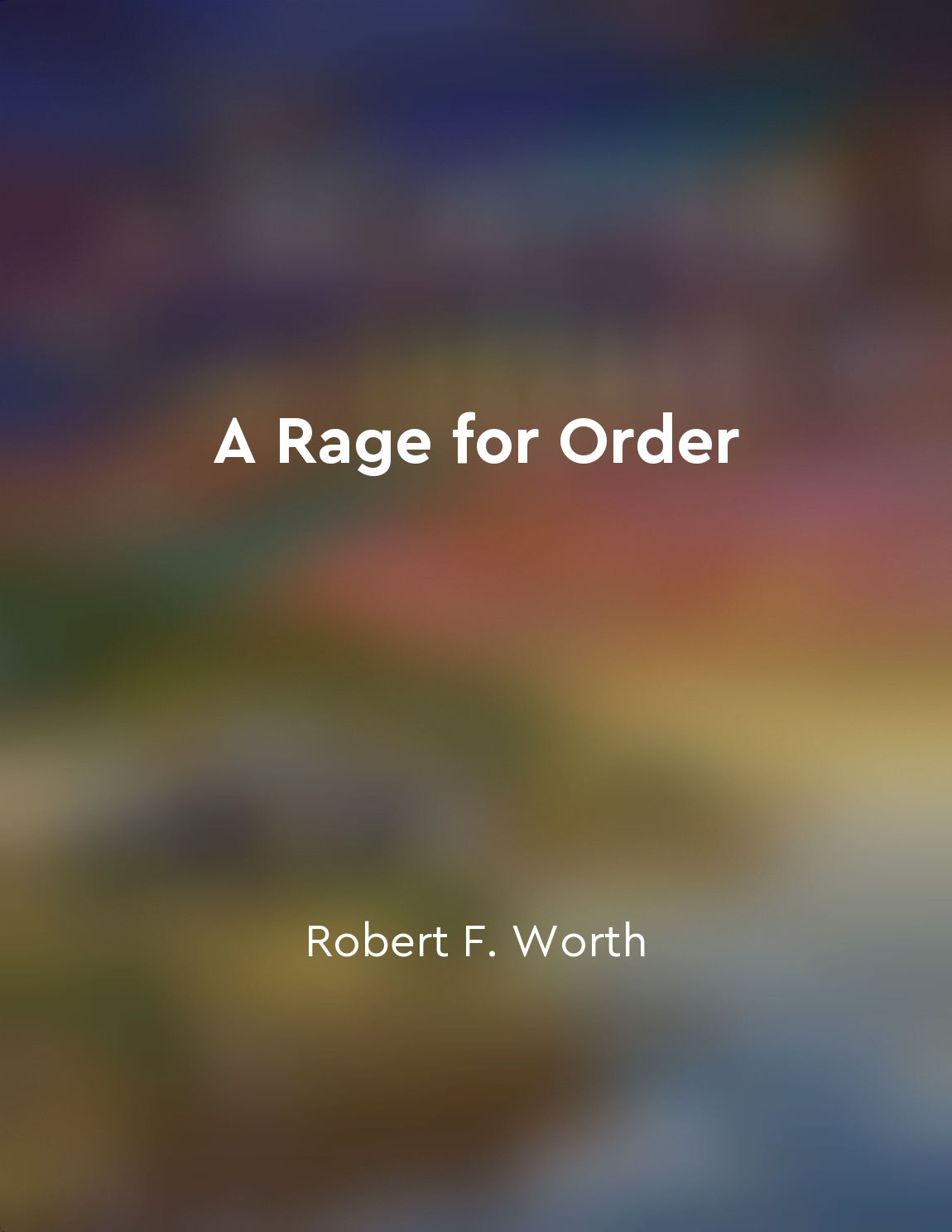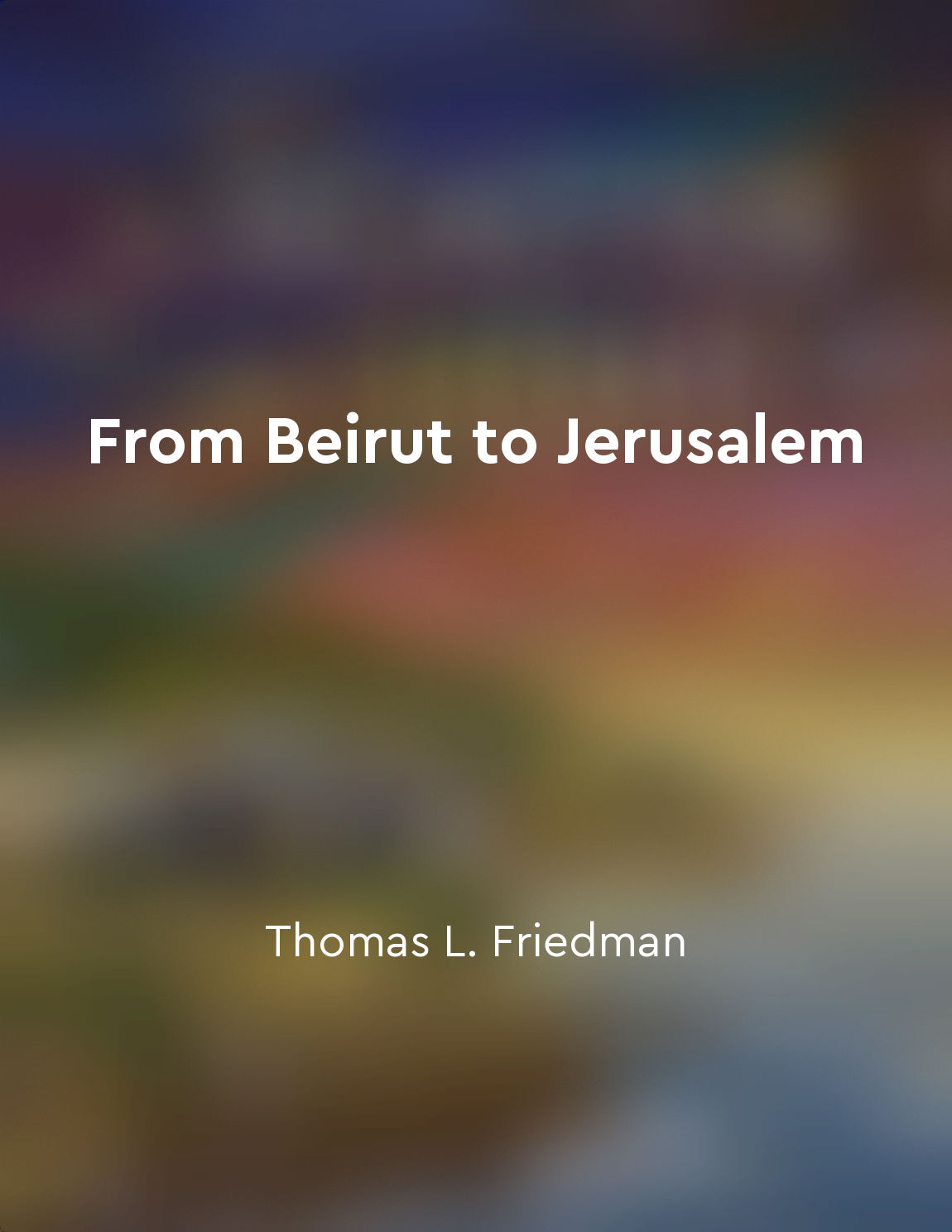Religion influences nationalistic feelings from "summary" of Imagined Communities by Benedict Anderson
The intertwining of religion and nationalism is a complex and multifaceted phenomenon that has been observed in various societies throughout history. Religion, with its ability to foster a sense of community and belonging among its followers, has often played a significant role in shaping nationalistic sentiments. In many cases, religion has served as a unifying force that transcends geographical and political boundaries, creating a sense of shared identity and purpose among believers. This shared sense of belonging can easily be co-opted by nationalist movements seeking to mobilize support and rally people around a common cause. Religious institutions, with their vast networks and influence, can also be powerful agents in promoting nationalist ideologies and agendas. Through religious teachings and practices, they c...Similar Posts
The partition of Kashmir continues to be a source of conflict between India and Pakistan
The partition of Kashmir has remained a contentious issue between India and Pakistan since the two countries gained independenc...
The challenges of balancing security and civil liberties
The delicate dance between security and civil liberties has been a recurring theme in the ongoing struggle against terrorism. I...
The process of evolution is slow and gradual
In the long history of the world, the process of evolution has been a slow and gradual one. It is a process that takes place ov...
The psychology of violence has evolved over time
The psychology of violence has evolved over time. In the past, people were more prone to resort to violence as a means of resol...
Morality does not require religious guidance
Morality is a concept that has been deeply ingrained in society for centuries. It has been believed that without the guidance o...

Political elites clung to privilege
In the tumultuous aftermath of the Arab Spring, as the Middle East grappled with the fallout of revolution and upheaval, one st...
The war left a lasting legacy on international relations
The Great War, as it was known at the time, indeed had a profound impact on international relations that continues to shape the...
Hinduism's diverse deities reflect different concepts of the divine
In Hinduism, the divine is not limited to a single, anthropomorphic deity but is manifested in a multitude of forms. These dive...

The quest for peace in the Middle East is an ongoing struggle
The elusive quest for peace in the Middle East continues to be a never-ending battle. The region has been plagued by centuries ...

Climate change became a pressing concern
The changing climate of the Earth became a topic of great concern as time went on. People began to notice unusual weather patte...
